Schools Need a Success Coach for Every Learner
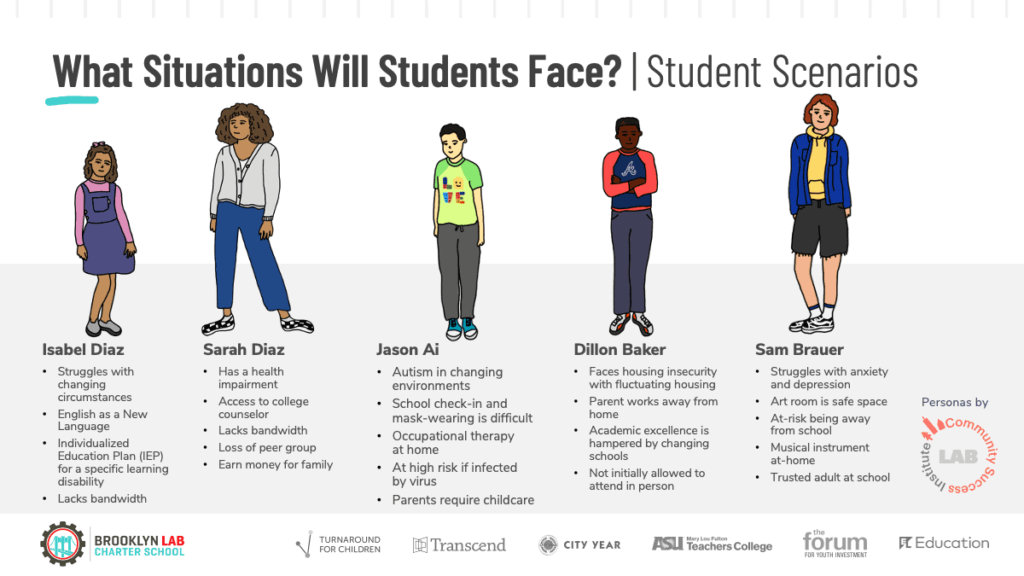
By: Bennison Ntsakey, Ali Brown and Eric Tucker
This will be the most challenging school year teachers, administrators, and families have ever experienced. With evolving guidance and sometimes conflicting recommendations, schools must think beyond hand sanitizer and virtual learning plans; while safety is essential, there’s a much wider range of student needs to account for, like support for trauma, learning loss, and family stressors.
As states postpone in-person start dates or roll out unexpected requirements, how can schools help students navigate multiple and complex life and learning transitions? As students and their caregivers face challenges related to health and safety, loss of income, and ongoing racial violence and oppression, how can schools support young people and their families so they have the physical, emotional, and social foundations needed to successfully engage in learning?
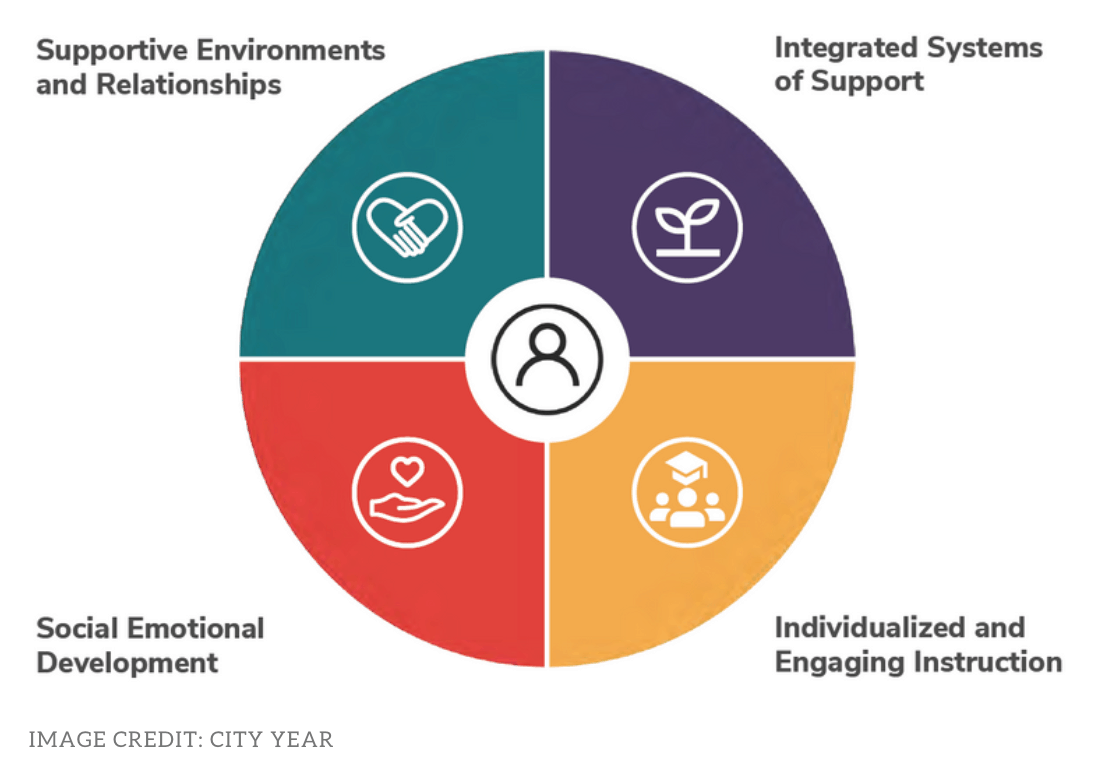
At Brooklyn LAB, we are making sure every student has access to a “success coach,” a trusted adult who can ensure each student has the support they need to learn and grow. We are building the capacity of adults on our staff—not only our teachers, but also support staff, administrators, and teaching fellows—to be the primary support people for designated sets of students. In training the coaches, we’re ensuring they can tailor their support for students from different contexts and cultures, use a strength-based approach, and work with students and families to remove any barriers to learning. We’re also considering how success coaches can help students and families grappling with loss of learning, social and emotional impacts, nutritional insecurity, loss of parental income, and lack of access to essential services.
In the past month, we have had conversations and design sessions with a number of organizations, including City Year, EL Education, The Forum for Youth Investment, The Mary Lou Fulton Teachers College at Arizona State University, Transcend, Turnaround for Children, and Dezudio, to understand the best ways to implement a cadre of success coaches. We’ve documented our learning in the Success Coaching Playbook, a research-based framework that is now available for other educators and schools that want to build a network of success coaches to work with students one-on-one and in small-group settings.
In preparing this playbook, we learned four key lessons for success coaches to help learning continue during these challenging times:
Understand the impact of trauma but use it as a lens, not a label.
Turnaround for Children’s Pamela Cantor, M.D. pointed out that many children are living within a painful reality. “Today, the stress and trauma that children are witnessing and feeling is all around us—on our city streets, in our homes, on TV and social media 24/7,” she said. “The COVID-19 pandemic is happening to all of us, but it has hit vulnerable communities the hardest with much higher rates of serious illness and death.”
Cantor said the stress kids are experiencing releases cortisol throughout their brains and bodies. “If the stress is mild or tolerable, it can be adaptive—making us alert and sharp, which helps us prepare for an event like a test or performance,” she said. “But when children have persistently high levels of stress, and that stress is not buffered by the presence of a trusted and calm adult, children can get locked in a ‘fight or flight’ feeling.”
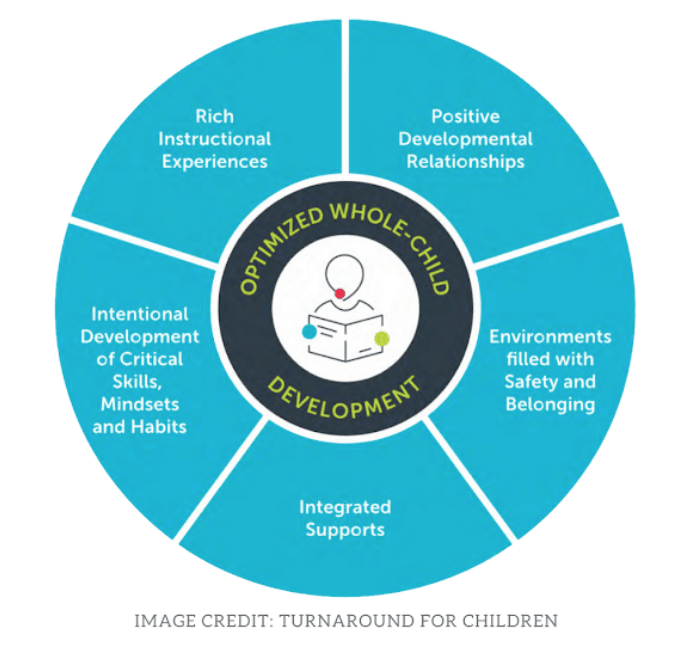 That state makes it challenging for students to learn because it affects their executive function, ability to sustain attention, language, and emotional regulation. The symptoms of trauma can manifest as defiance, withdrawal, hyperactivity, or perfectionism.
That state makes it challenging for students to learn because it affects their executive function, ability to sustain attention, language, and emotional regulation. The symptoms of trauma can manifest as defiance, withdrawal, hyperactivity, or perfectionism.
Adults should recognize how trauma might be affecting students, but avoid labeling students as “traumatized.” “No one wants to be taught by someone where they feel labeled,” Cantor explained. “This use of labels sets up an adult-student relationship that is deficit-oriented from the beginning.” Instead, Cantor encourages adults to recognize that trauma is an experience, not a state, one that causes a disruption to our health, mood, behavior, skill development, and learning, and it can happen to anybody. “What our students want to know is that it can be fixed without stigma and shame—and it can be,” she said.
Build authentic relationships as an antidote to complex challenges.
Right now, young people need safe and supportive relationships, said Ron Berger, the Chief Academic Officer of EL Education: “Staff and students need a dedicated space for connection and relationship building that is culture- and trauma-responsive,” he added.
Success coaching allows schools to build those connections, which can be strengthened as coaches and students work together to face uncertainty and volatility. Turnaround For Children’s Cantor said one of the reasons these relationships are so powerful is because of the hormones they release. “There is a big upside when we turn to oxytocin—the hormonal system that produces feelings of trust, love, attachment, and safety,” she said. “Oxytocin hits the same structures of the brain as cortisol, yet it’s more powerful: It can protect children at the level of the cell from the damaging effects of cortisol. Relationships that are strong and positive cause the release of oxytocin. This not only helps children manage stress, but it also offsets the damaging effects of cortisol and produces resilience to future stress.”
City Year is a national education organization that recruits, trains and supports AmeriCorps members who serve full time as student success coaches in systemically under-resourced schools. City Year has documented the benefits of success coaches: “The unique near-peer relationship between a student success coach and a student enables them to provide customized supports, which accelerate students’ social, emotional, and academic development,” said Michael Davis, Strategic Projects and Partnerships, City Year.
Foster a culture of primary care within the school.
While most schools rely on a dispersed network of staff who support different aspects of learning, success coaches provide a single primary person charged with more responsibilities—from protecting a student’s physical, emotional, and psychological safety, to supporting their cultural safety and healing from trauma. The design team at Transcend said it’s important for schools to help success coaches and students form a primary bond “to ensure each scholar feels seen and heard.”
At Brooklyn LAB, we’re working to ensure that this primary bond with success coaches occurs not only in a one-on-one coaching context but also in the context of a peer group supported by their success coach. For this reason, we are also launching a complimentary advisory system, made up of a success coach and their designated students. This helps students feel like they are part of a team, and it gives every scholar an opportunity to socialize with their peers.
The idea of forming a “primary community” for students is similar to EL Education’s decades-long work with Crew, which Berger described as a “schoolwide culture that supports social and emotional wellness, character development, and academic and life success for students and staff.” Berger explained that this “culture of care” is embedded into the school day and academic learning. A guiding principle of Crew is that “social-emotional wellness and academic learning are interconnected and interdependent and should not be separated,” said Berger. “In order to learn, students must feel safe in their classrooms, their bodies, and their lives.” We watched powerful footage of Crew in action, which inspired us to explore further how success coaches can build connections both with and between students. (For more, see EL Education’s new book, We Are Crew, as well as their accompanying free and open videos and online toolkit of models.) 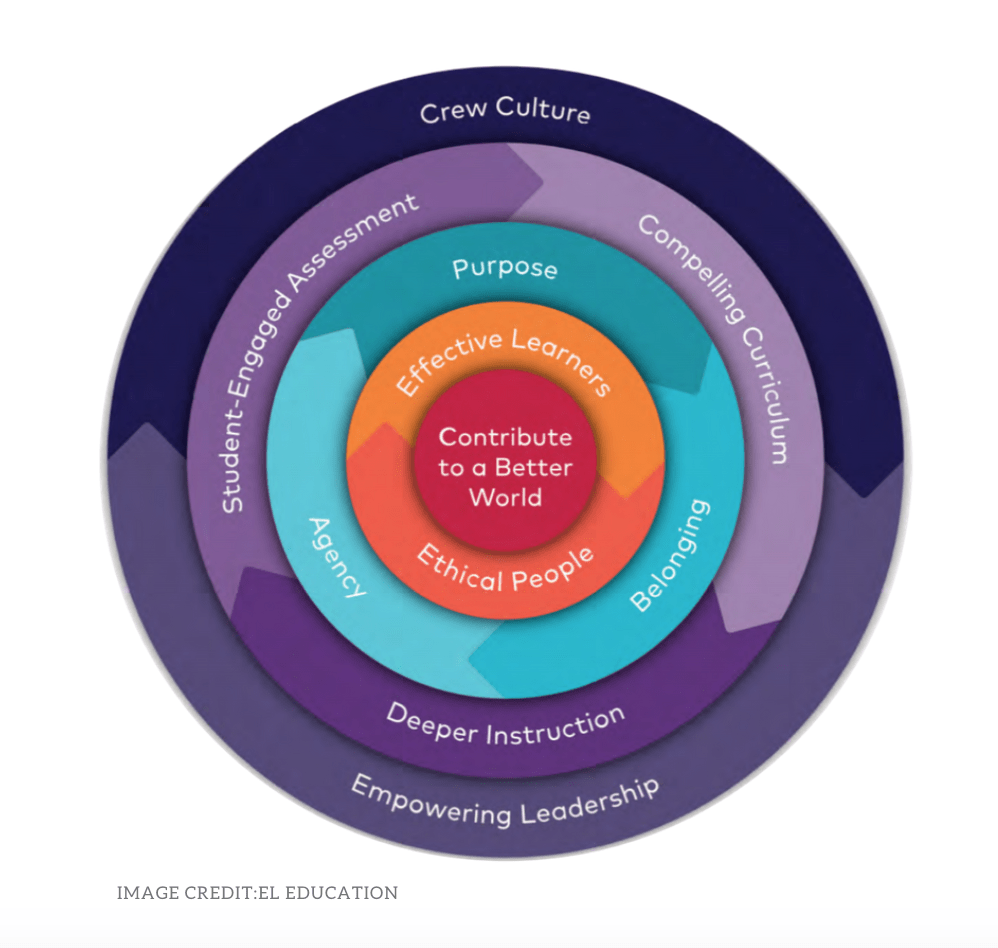
Adults don’t need to be experts to have a positive impact on learners.
The concept of success coaches is not about creating experts in learning or even childhood socio-emotional development; it’s about empowering adults with the skills they need to create a sense of safety and positivity for kids to learn. As the Forum for Youth Investment’s Poonam Borah has said: “Young people need a positive emotional climate that conveys warmth and respect, demonstrates mutual accountability, and shows active inclusion.”
To train success coaches, Borah said it’s important to “start with ourselves and our own self-awareness.” This involves doing the hard work of grappling with our social identities and how aspects of our identities like race, class, gender, and ability influence how we interact with students. In order to build positive and trusting relationships with young people, success coaches need to develop an increased awareness of the dynamics of power and identity so that they can create an inclusive and culturally responsive coaching space.
This is our next step at Brooklyn LAB: doing the work we need to do as adults so we can effectively serve our learners and guide them through trauma, stress, and upheaval. This is a moment in which much is required; how we respond as schools and educators will shape a generation. Success coaches are powerful resources for connection and healing and can help shepherd our student communities through this pandemic and its lasting traumas.
For more, see:
- Preparing to Reopen: Six Principles That Put Equity at the Core
- To Reopen, America Needs Laboratory Schools
- How to Reopen Schools: A 10-Point Plan Putting Equity at the Center
- Reopening Schools: A Scheduling Map for Educators to Plan the Who, What, When, Where, and How of Learning this Fall
- The Front Porch: A New Approach to Support the Health, Safety, and Well-Being of Our School Communities
- Safeguarding Back to School: Preparation for a Healthy Return to School in Downtown Brooklyn
- During the COVID-19 pandemic, how do we ensure that learning moves forward for all learners, especially students with disabilities?
Ali Brown is founder of All of Us, LLC, which is grounded in the belief that “None of us is free until we are all free.” Ali has worked as a middle school teacher, university instructor, DE&I consultant, director of curriculum and instruction across more than 30 schools, and director of learning transformation at an international education design lab.
Bb Ntsaky serves as the Director of Academics at Brooklyn Laboratory Charter Schools, where he is responsible for academic systems and professional learning across the organization and has worked as a high school teacher, 3-12 instructional coach, school leader and consultant.
Stay in-the-know with innovations in learning by signing up for the weekly Smart Update.
We know that educators and leaders have spent the last couple of months scrambling to meet the immediate needs of learners in their community. Thank you to each and every one of you for everything you’ve done to make the best out of this challenging situation. Now that the end of the school year is here, we’re shifting our Getting Through series from stories and advice to support remote learning or long term closures, to getting ready for the complex work of reopening schools this fall.
Interested in contributing to this campaign?
Email your stories and ideas to [email protected] or tweet using #GettingThrough to participate!
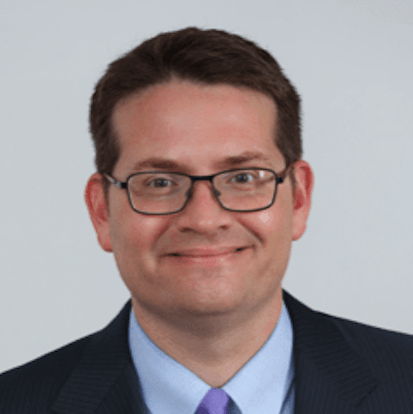



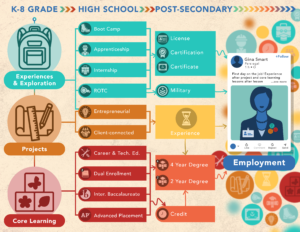
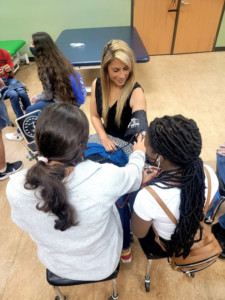

0 Comments
Leave a Comment
Your email address will not be published. All fields are required.